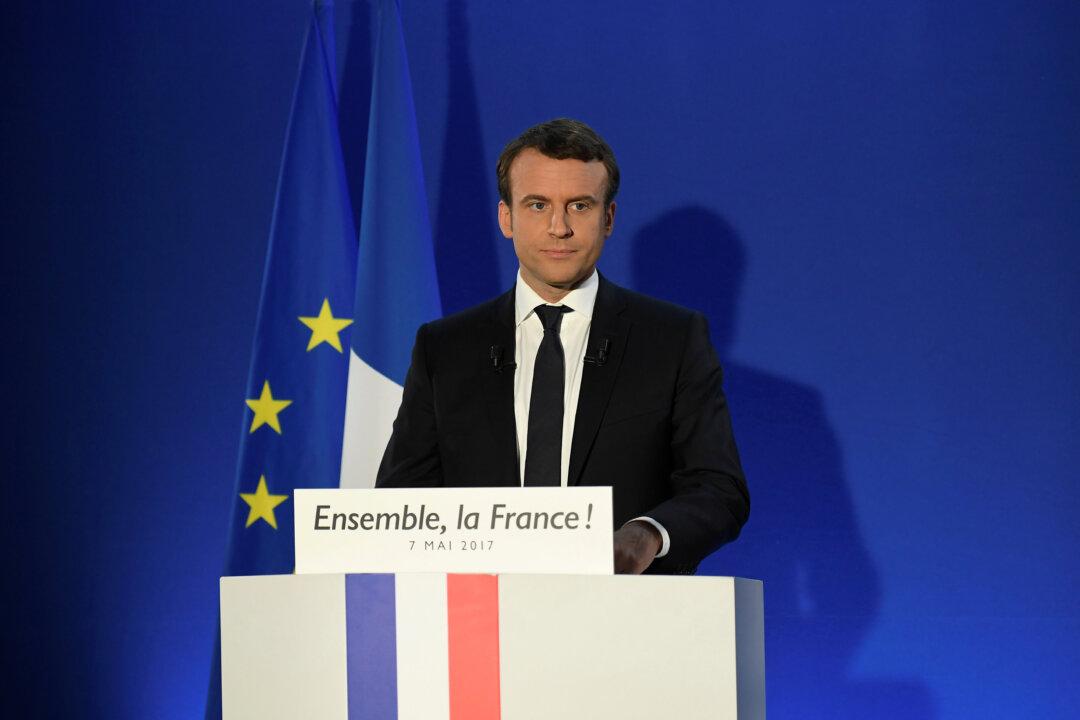French voters have rewritten the country’s political landscape by handing pro-EU President Emmanuel Macron’s centrist Republic on the Move (LREM) party a 308 seat majority in yesterday’s parliamentary election.
With voter turnout at a record low, LREM is expected to face a fierce battle in some of its key policy priorities, but the dramatic changing of the guard has relegated France’s mainstay political parties to the outskirts of power.
Counting LREM coalition partner, the Democratic Movement (MoDem), Macron and his allies hold 350 of Parliament’s 577 seats, giving him the heft needed to push through an ambitious pro-growth agenda.
But while that agenda may not face significant resistance inside Parliament, it could struggle in the face of France’s strong unions and history of large-scale public protest.
With turnout at a record low of 42.64 percent, Macron’s opponents are already charging that his policies do not have popular support. The most contentious of those policies may be labor reforms aimed at reforming the workforce and shrinking the public sector.
During the campaign, Macron pledged to fast-track pro-business legislation this summer through use of executive decrees. The holiday season will make it harder for unions to mobilize protesters but Macron could still face strikes and fierce criticism in Parliament.






